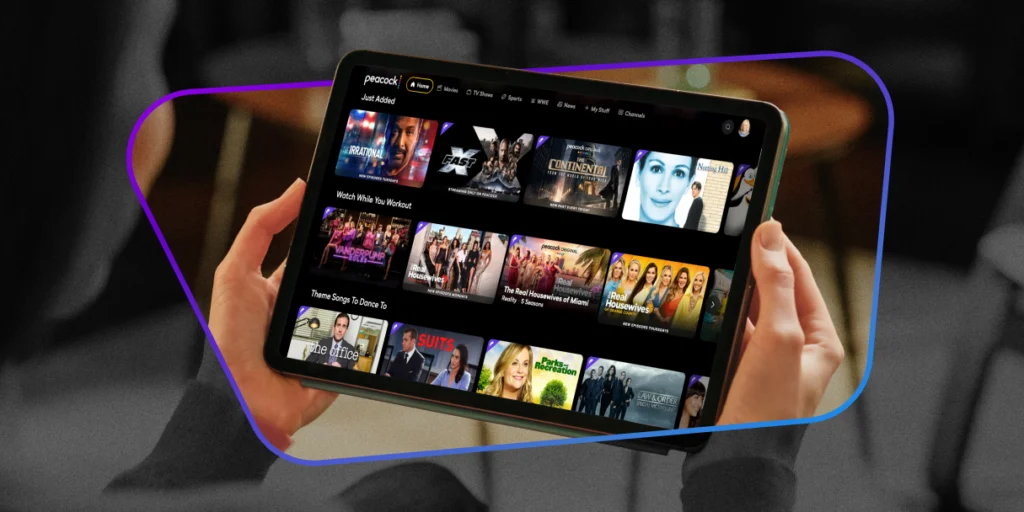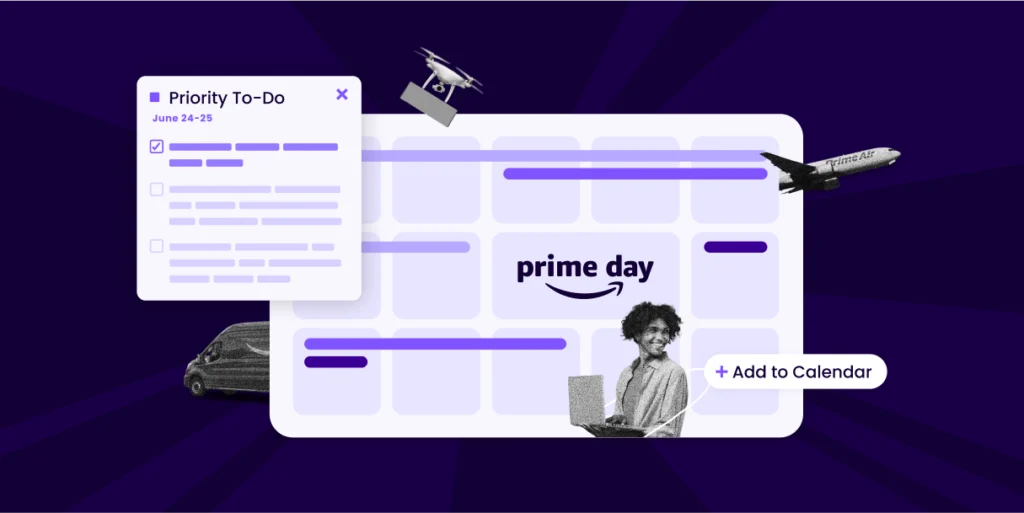Back to the Future of Wearables and SEO
In the classic time travel film Back to the Future Part II, Marty McFly journeys forward in time to the year 2015 where he discovers all kinds of new technologies. This year, we can use our smartphones to look back on the movie and tweet about the hilarious predictions made about the popular gadgets we would be using in daily life. While you probably do not zoom past your coworkers in the hallways on your hoverboard, some of the inventions from the movie are strikingly accurate and remind us that, as we hashtag that Instagram with a #throwbackthursday, technology will constantly and continuously surprise us. Although we can’t venture forward in time like Marty McFly, we can begin to formulate how these new trends might affect the world of search and start to construct SEO strategies optimized for the future.
Modern Wearable Technology
Widespread use of the internet did not become popular until the mid-1990s, so when Back to the Future Part II was released in 1989, the idea of the World Wide Web was still a foreign concept. And a mobile device that allows you to take this technology with you? Get real. But for the tech-savvy generation of today, items such as Google Glass and the Apple Watch are not a far leap from being the most popular tech gadgets in daily use.
With Google’s recent mobile algorithm update and announcement that mobile search has now surpassed desktop search, companies have no option but to ensure their sites comply with the mobile friendliness guidelines. We live in a world where technology is rapidly outpacing itself. According to NASA, modern smartphones now have more computing power than the first space shuttle that put a man on the moon. Isn’t it time to get ahead of the game and start optimizing our SEO efforts for the pending technology takeovers? Yes. But how? Hop in my DeLorean and I will explain.
SEO of the Future
Wearable technology will have a major impact on the search environment in ways we probably cannot even conceive of yet. For now, let’s focus on three major search functionalities that will likely be affected and the SEO tactics we should prepare.

1. Card-based Search
When we are on the go, we want answers fast and on any device. With search results shifting from page-based SERPs to card-based results, there will be less real estate for brands to work with. It will no longer be enough to get on the first result page, your site needs to be at least top 3 in this new winner-takes-all framework.
- Ensure websites are not only mobile-friendly, but cross-platform-friendly and functional on any size screen
- Fully optimize your Knowledge Graph with a logo, contact information, social profiles, and schema markup
- Write content and important information in bite-size snippets

2. Local Search
We are attracted to wearables because of their mobility and convenience when we’re on the go. Users will be searching for more customized results for businesses located near them. Proximity-based searches will grow and SEO will need to respond with more hyper-local targeting.
- Optimize website for local search terms and phrases
- Create content that is location-specific
- Ensure business address and phone number are formatted consistently and accurately across the web

3. Voice Search
Google’s Hummingbird update began the shift toward optimizing for semantic meaning in queries, rather than keyword-stuffed content. The increase in use of voice search will push that movement even farther as user queries become longer and more naturally conversational. Optimization for voice search requires understanding the information your customers are seeking the most and modifying content to answer those specific questions.
- Offer unique and informative product descriptions with complete markup data
- Include longer, more specific longtail keywords in content that is formatted in clear, simple sentences
- Create content around questions users ask and provide answers on specific topics in a FAQ section or Q&A customer forum
Search Engine Optimization without the Search Engine
When people are on the go, they don’t want to scroll through a list of website descriptions to find answers. Wearable technology is designed to provide information, not websites, making traditional SEO practices about as pointless as Marty McFly’s self-lacing sneakers. Wearables will also make it even easier for users to create and share information, producing an explosion of new content on the web. With more content and fewer results shown, only the most remarkable material will be discovered. In order to even compete, websites will need to optimize for the changes in search behavior that wearables may encourage. Wearable search will leave SERPs in the past, forcing SEO of the future to focus on delivering immediate benefits to users.
Search engines? Where we’re going we don’t need search engines! #quoteoftheday
You Might Be Interested In












